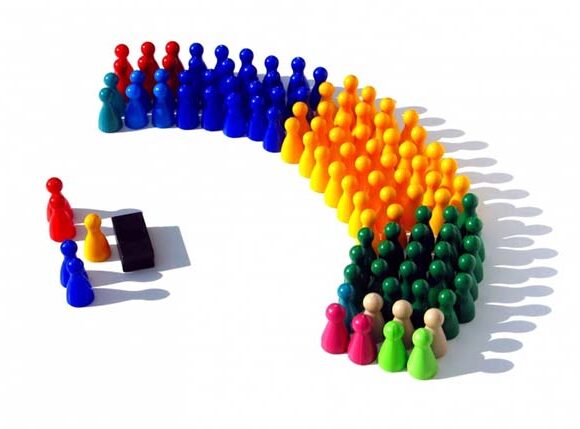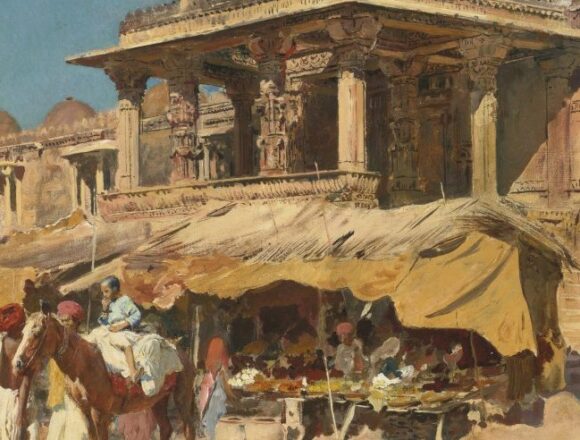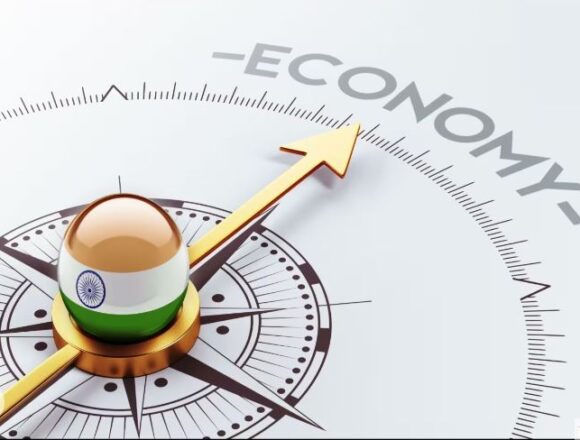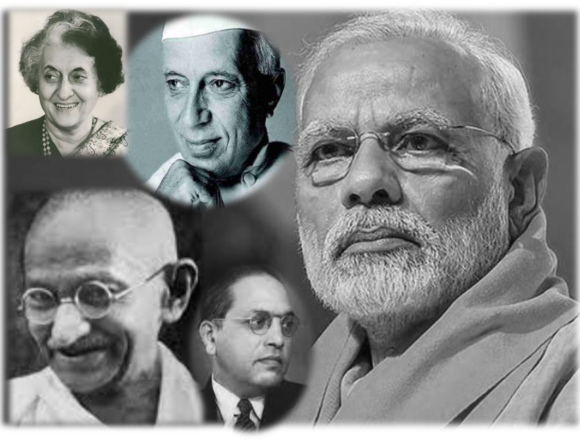"The political spectrum teaches absurdly that opposites are the same. The two ‘positions’ - Left and Right - are the mixing of incoherent, unrelated, and constantly shifting ideas lumped together by the accident of history. Aggressive military positioning hardly connects to a free-market philosophy. Defenders acknowledge this variation but claim an underlying essence: the Right (conservatives), ‘backward looking’, want to conserve; the Left (progressives), ‘forward looking,' want change. Both wings' policies, in fact, are ‘backward-looking’ and marked by nostalgia, depending on the issue."
In the first installment of the series titled "Understanding Political Systems Of India", Dr. Pingali Gopal analyses the multiple prevalent political systems and ideologies of the West, that define world politics as we know it today. These systems have been allowed to influence Indian politics and policy making after independence, with complete disregard to the ancient political systems of India.
The broad classification of political ideology as Right or Left is nebulous at best - one can falsify every proposed essence of right or left, which shows us that ideologies are nothing but social constructs. these Right-Left political ideas do not make sense either in the Western context or in the Indian context, and yet, for decades, we have held on to them. We need to understand our past political systems better, and we need to transcend the paradigm.





